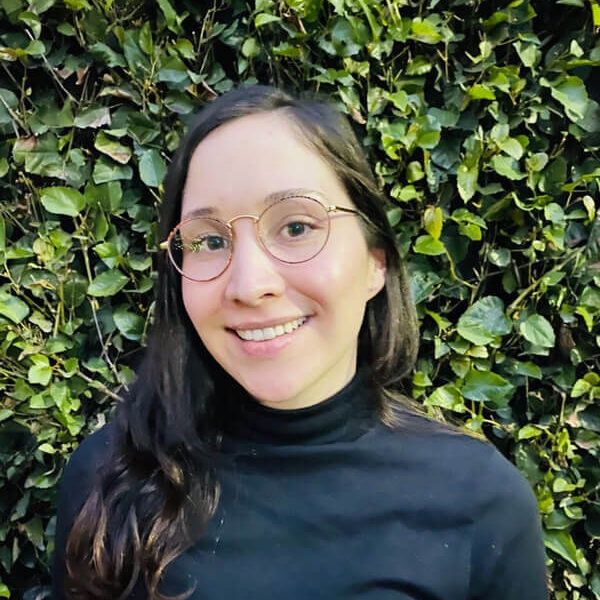Karen (She/ Her) is an architect from Mexico City who is currently competing a PhD at the University of Leeds, which she started in December 2021.
She began her academic career in Mexico City, writing her undergraduate dissertation, ‘The building as a mean in the architect’s education: The secret voices of the design studio” in 2017. This was her first foray into the analysis of space and its relation to pedagogical practices. She then began working at a young design studio based in Mexico City, before working at a school with children on the autism spectrum. This led her to study a master’s programme at Barcelona. Her second dissertation: ‘Re-think, Reframe, and Re-imagine educational spaces within the complexity of human and non-human intra-actions’ (2019) provided an insightful analysis into the concept of architectural character with the new materialism theories. In 2020 she taught at university level while studying a one year course about Bioclimatic Architecture, before beginning her PhD at Leeds.



